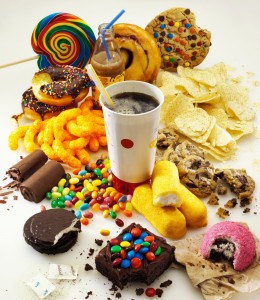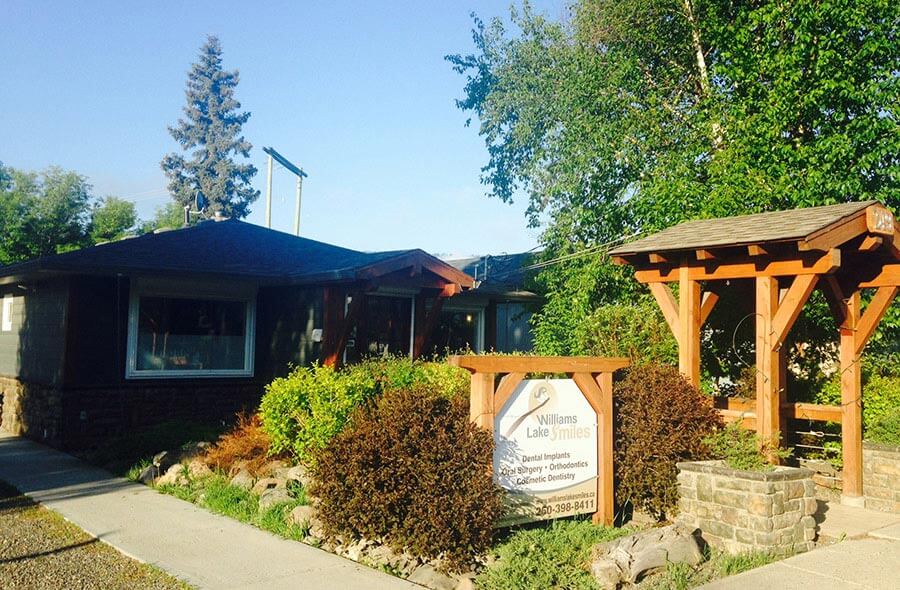
1) Sugary Foods
Most experts agree that sugar is dangerous for your oral health. After it is consumed, dangerous bacteria in the mouth start to feed on sugar particles and form plaque in your mouth. Over time, this can result in cavities and increased inflammation.
2) Citrus Fruits And Juices
Citrus foods and drinks are highly acidic so they can be dangerous to tooth enamel. High acidity in the mouth can also weaken tooth enamel.
3) Sports Drinks
Because sugar is usually the top ingredient in many sports and energy drinks, we should avoid these products. Moreover, experts say that they are unnecessary for most people unless they are engaged in prolonged and strenuous physical activity.
4) Coffee Drinks Or Teas
Coffee and teas can stain teeth, attracts bacteria, and cause plaque buildup in your mouth. Coffee drinks also usually contain lots of sugars, which are highly acidic and erosive to tooth enamel. Try green tea instead. The ingredients in green tea do not stain and are good for teeth and gums. Just be sure to avoid green teas that have sugar or additives.
5) Alcohol
Alcohol causes dehydration of oral tissues. Additionally, people who drink excessively often have reduced saliva flow which can lead to tooth decay and gum disease. Heavy alcohol use also increases your risk for mouth cancer.
6) Ice
Many people think ice is good for their teeth because it is made of water, and doesn’t contain any sugar or other additives. But chewing on hard substances can leave your teeth vulnerable to a dental emergencies and damage enamel.
7) Crunchy Foods
Many of our patients think that foods like potato chips are okay for their mouth since they do not contain sugars or acids. However, potato chips are filled with starch, which can easily get trapped in your teeth. If you choose to indulge in snacks like these, be sure to floss carefully to remove all the food particles that can increase plaque build-up.
8) Pickled Foods
Vinegar demineralizes teeth, making them susceptible to decay. Pickled foods are therefore highly acidic in addition to containing lots sugar which makes them twice as bad for teeth.
9) Chewable Vitamins
Chewable vitamin supplements may seem healthy but can actually encourage cavity formation by increasing bacteria, plaque, and an enamel-eroding environment in the mouth. Try replacing these with vitamins that can be swallowed.
10) Dark Foods And Drinks
Besides just staining teeth, dark foods and beverages (think red wine, fruit juices, beets) can be acidic, causing enamel to erode and cavities to form. Wine, tea, berries, sports drinks, cola, and dark sauces should all be avoided for better tooth health.
11) Sticky Foods
Dried fruit is usually at the top of the healthy snacks list. Unfortunately, sticky foods can damage your teeth since they tend to stay on the tooth surface longer than other types of food. Other sticky foods get trapped between teeth and increase the chances of decay or gum disease.
12) Potato Chips And Bread
These foods can get sticky and find their way into the cracks and crevices between teeth. This can increase your chances of tooth decay. Avoid these products if possible and your chances of problems with decay are reduced.
Come To Williams Lake Smiles For Dental Treatment Today
Here at Williams Lake Smiles, we want all of our patients to know how important oral health is. If you have questions about the treatments we offer or general questions about oral hygiene, please feel free to peruse our website. Alternatively, you can call one of our helpful staff members for additional information. Then call our Williams Lake, BC, office for a consultation with Dr. Wassenaar.


